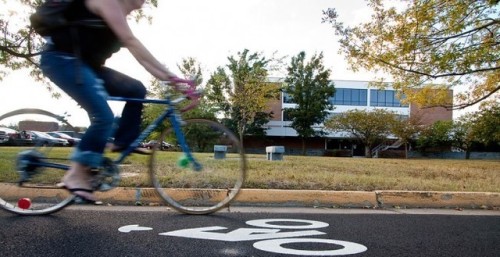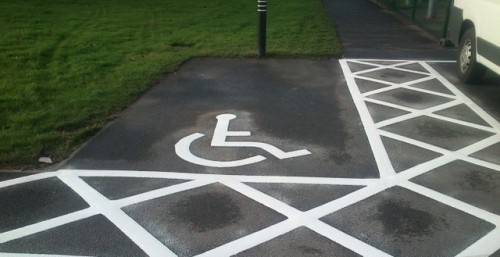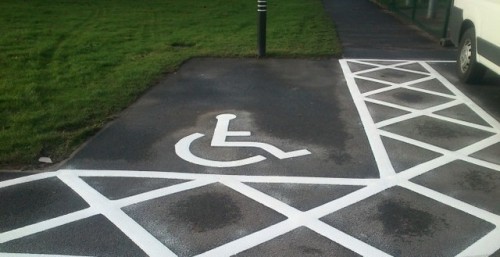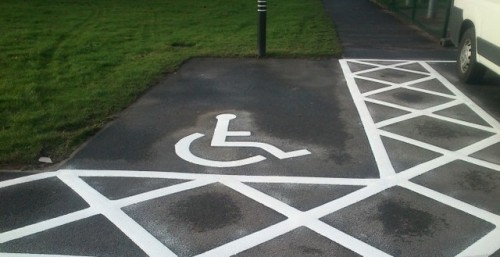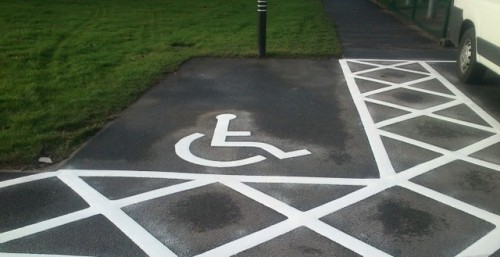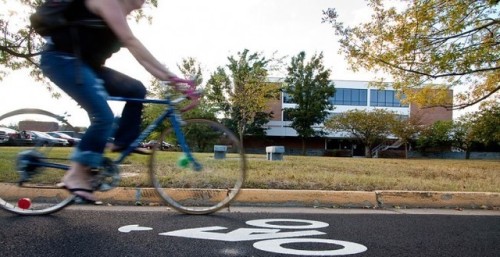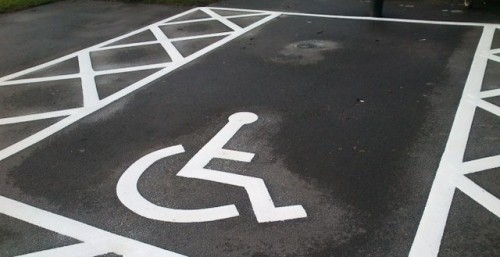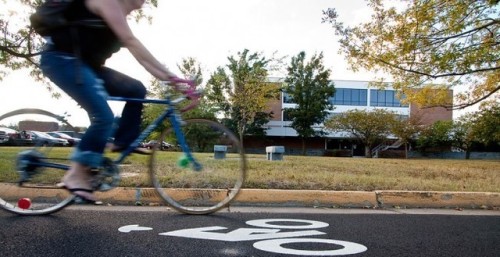More discouraging news on Brexit, and UK universities’ ties to Saudi Arabia have come under scrutiny
Universities’ Saudi ties under scrutiny after Khashoggi killing
Times Higher Education, 26/10/2018, Ellie Bothwell
Western universities are under increasing pressure to reject funding from Saudi Arabia and terminate their partnerships with the country in the wake of the allegedly premeditated and state-sanctioned murder of journalist Jamal Khashoggi.
Saudi Arabia’s version of events, which claims that Mr Khashoggi died in a fight at the Saudi Arabian consulate in Istanbul, has been widely derided, leading to calls for Western governments to break trade ties with the country.
Time running out for deal on UK-EU research ties post-Brexit
Times Higher Education, 25/10/2018, John Morgan
Delays in striking a Brexit agreement may leave the UK outside the European Union’s multibillion-euro research programme when it starts in 2021, while a no-deal exit could see British researchers excluded for the entire duration of Horizon Europe, sector leaders have warned.
The possibility that the UK could leave the EU without a withdrawal agreement and a statement of intent on future trade relations has been given an extra edge recently, with Westminster-Brussels talks hitting their rockiest period yet and Conservative Brexiteers intensifying their criticism of Theresa May’s strategy.
Women drive record applications to Oxbridge and medical schools – Ucas
The Guardian, 25/10/2018, Rachel Hall
Medical schools have attracted record numbers of applications after the government expanded places to plug NHS doctor shortages, according to data published by Ucas, the university and colleges admissions body.
This year, 65,870 people applied to elite courses and universities with a 15 October deadline, which include all courses at Oxford and Cambridge universities and most medicine, dentistry and veterinary science schools elsewhere. This represents a 7% rise on last year, which also saw record numbers.
UK universities face grade inflation crackdown
The Guardian, 22/10/2018, Sally Weale
The government has announced plans to crack down on grade inflation in universities amid fears that the growing number of first-class degrees being awarded to students is undermining their value.
More than a quarter of graduates (26%) were awarded a first-class degree last year, up from 18% in 2012-13, according to data from the Higher Education Statistics Agency.
Revised subject-level TEF ‘higher burden’ for universities
Times Higher Education, 22/10/2018, Anna McKie
Academics have expressed concern about the growing cost to UK universities of participating in the teaching excellence framework after the government admitted that its latest plans for the exercise would lead to a “higher burden on providers”.
For the subject-level version of the country’s sector-wide evaluation of teaching standards, ministers had been considering two models of assessment: one that would have seen broad subject areas given ratings of “gold”, “silver” or “bronze”, and another that would have seen individual departments assessed only if student metrics suggested that their performance varied significantly from the overall institutional award.
Does it matter what degree grade you get?
BBC, 22/10/2018, Sean Coughlan
Universities are being warned they could be penalised in teaching quality rankings for handing out too many top degree grades.
But if the proportion of students getting first-class degrees has doubled since the late 1990s, does it make any difference to those who get them?
The University of Surrey has given first-class degrees to more than 40% of its students in recent years – and now about three-quarters of them either get a first or an upper second (2:1) across UK universities.
Hard Brexit ‘could cripple UK science’, warns Crick Institute
Times Higher Education, 22/10/2018, Ellie Bothwell
Europe’s largest biomedical research institute has warned that a hard or “no deal” Brexit “could cripple UK science”, after an overwhelming majority of its scientists said that such an outcome would have a very negative impact on the sector.
A survey of more than 1,000 academics at the Francis Crick Institute found that 97 per cent thought that a hard or no-deal Brexit would be bad for UK science, with 76 per cent claiming that it would have a “very negative” impact. Meanwhile, 82 per cent said that they thought that such an outcome would be negative or very negative for science across the European Union and 70 per cent said that it would be bad for international science more widely.
UK HE staff back pay strike but turnout mostly falls short
Times Higher Education, 22/10/2018, Chris Havergal and Ellie Bothwell
More than two-thirds of union members who took part in a ballot have supported strike action over the pay offer to staff at UK universities, but on most campuses the turnout failed to hit the 50 per cent threshold required for walkouts.
Only at seven institutions did members of the University and College Union back strike action in a ballot with more than 50 per cent turnout, including the universities of Brighton, Huddersfield, Nottingham and Sheffield. Staff are also set to walk out at Heriot-Watt and Leeds Arts universities, as well as the Courtauld Institute of Art.
Hundreds of jobs at risk from fresh UK pensions cost hike
Times Higher Education, 22/10/2018, Jack Grove
Hundreds of UK academics risk losing their jobs if a “completely unexpected” increase in pension costs that will add almost £140 million to the wage bill of modern universities goes ahead, employers have warned.
In a briefing sent to institutions on 16 October, the Universities and Colleges Employers Association (Ucea) sets out the likely financial impact to the sector of “unprecedented” increases in employer contribution rates to the Teachers’ Pension Scheme (TPS), which runs pensions for about 43,000 staff in post-92 universities, announced by chief secretary to the Treasury Liz Truss last month
Academics warn that new work assessment risks UK research
Financial Times, 22/10/2018, Andrew Jack
Excluding academics based outside the UK from the government’s assessment of universities’ work risks undermining Britain’s role in global research, the heads of leading institutions have warned. Senior professors from Oxford, London, Liverpool and Glasgow have written to David Sweeney, the chair of Research England, the university funding body, objecting to draft guidance that would limit the contributions in the next “research excellence framework” (Ref) to researchers employed within the UK.
Evangelicals rejected in student vote
The Times, 25/10/2018, Rosemary Bennett
Students at an Oxford college have voted against a request from Christian Concern, an evangelical group that opposes abortion, to host a camp there during the Easter break.
Undergraduates at Lady Margaret Hall said hosting the event would threaten their “physical and mental safety” and that the values of the group ran contrary to those of the college.
Falling asleep in lectures could be a sign of mental disorder, university staff told
Daily Telegraph, 16/10/2018, Camilla Turner
For university students, falling asleep during lectures after staying up all night partying was once considered par for the course.
But now nodding off during classes at Buckingham University will be treated as a possible sign of a mental health disorder.
Under new plans, every member of staff at the university will be given mental health first aid training so they can spot signs of potential distress among students.

from RSSMix.com Mix ID 8239600
http://cdbu.org.uk/news-round-up-a-no-deal-brexit-would-be-bad-news-for-british-researchers/
via
IFTTT
source
https://thermoplasticroadmarking.tumblr.com/post/179449023409
